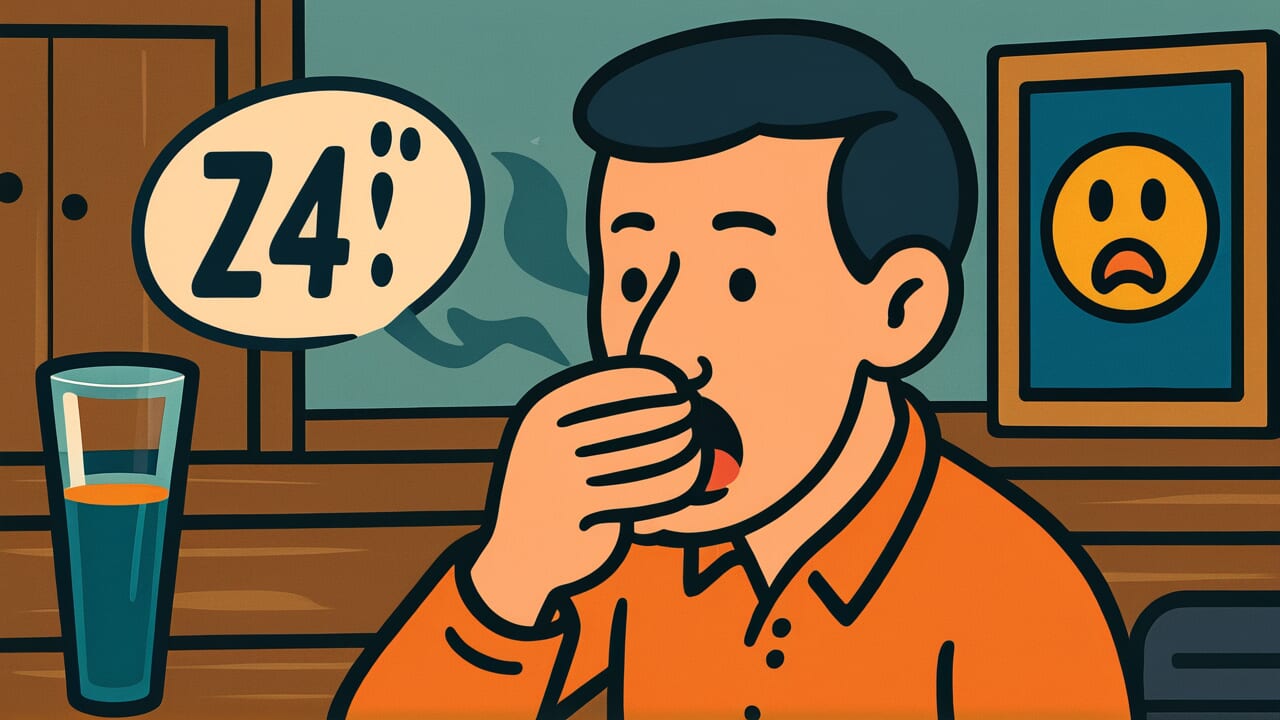How to Read “Harsh and bitter are also part of the flavor”
Egui shibui mo aji no uchi
Meaning of “Harsh and bitter are also part of the flavor”
This proverb means that unpleasant tastes like harshness and bitterness have value as part of the overall flavor.
By extension, it teaches that painful, difficult, and unpleasant experiences in life are meaningful parts of the whole. These experiences add depth to our lives.
This proverb resonates most when we face difficulties and setbacks, not just smooth sailing. It shows an attitude of accepting bitter experiences rather than rejecting them.
These experiences enrich our lives as human beings. Today, people use this saying to express the importance of learning from failures and setbacks.
It also shows how diverse experiences deepen our humanity. The proverb embodies a life philosophy: a life with various flavors brings deeper satisfaction than a life of only sweetness.
Origin and Etymology
The exact first appearance of this proverb in literature is unclear. However, we can understand it by examining the words themselves.
“Egui” refers to an unpleasant taste that irritates the tongue and throat with strong bitterness. People have used this word to describe the harshness in mountain vegetables and wild plants.
“Shibui” refers to the astringency found in persimmons and tea. It creates a puckering sensation in the mouth.
In Japanese food culture, these tastes were not originally considered desirable. However, as people developed techniques to remove bitterness from mountain vegetables, they discovered unique value in subtle harshness and astringency.
The bitterness and harshness of spring mountain vegetables were said to purge toxins accumulated during winter. People accepted these as seasonal flavors.
This proverb likely emerged from such culinary wisdom. People discovered that sweetness and umami aren’t the only flavors.
Even unpleasant tastes can deepen the overall flavor experience. This discovery was then applied to life’s hardships and difficulties, becoming a life lesson passed down through generations.
Usage Examples
- That failure was painful, but harsh and bitter are also part of the flavor—it made me who I am today
- When I hear stories of youthful struggles, I feel that harsh and bitter are also part of the flavor
Universal Wisdom
Humans instinctively seek pleasure and avoid pain. Yet this proverb has been passed down for generations because our ancestors recognized a fundamental truth.
That truth is this: life’s richness lies in the diversity of experiences.
A life pursuing only sweetness may seem happy on the surface. But it tends to become monotonous and shallow.
This is because much of human growth and insight emerges from difficulty and conflict. People who experience setbacks learn to understand others’ pain. Those who overcome hardship gain true strength.
This remains true regardless of the era—it’s part of human nature.
This proverb contains another deep wisdom. It reveals this truth: the value of things stands out through contrast.
Without knowing bitterness, you cannot truly appreciate sweetness. Without experiencing darkness, you cannot fully grasp the blessing of light.
Life’s hardships exist as contrasts that make happiness feel more vivid.
Our ancestors viewed life as a completed dish. Deep flavor emerges only when various tastes intertwine in complex ways.
This life philosophy is embedded in this proverb.
When AI Hears This
The human tongue has about 25 types of bitter taste receptors. This is overwhelmingly more than the mere 2 types of sweet receptors.
The reason is simple: most toxins in nature taste bitter. Bitter taste detection evolved as an alarm system to protect life.
Yet something curious happens. When people repeatedly consume bitter foods like coffee, beer, or bitter melon, the activity patterns in the brain’s insular cortex change.
Bitter taste information initially processed as a “danger signal” eventually gets rewired to the reward circuits in the prefrontal cortex.
This rewiring requires about 10 to 15 exposures. What’s interesting is that this number roughly matches the period needed for new habits to form.
The brain reinterprets even survival-level warnings like bitterness as “complex and valuable stimuli” once safety is confirmed.
Brain scans of people who repeatedly ate astringent persimmons show dopamine release at the moment they taste bitterness.
Even more surprising is that this neural rewiring is reversible. Long-term absence from bitter foods returns the brain to “warning mode.”
In other words, accepting something as “part of the flavor” requires continuous experience. This proverb captures the essence of the human brain’s learning capacity.
Lessons for Today
Modern society tends to thoroughly eliminate unpleasant things. On social media, we block what we dislike.
Algorithms show us only what matches our preferences. But this proverb asks us a question: Is this really okay?
When facing unavoidable difficulties and failures in life, we shouldn’t view them as foreign objects to remove from our lives. Instead, we should accept them as important elements that shape who we are.
This proverb teaches us this shift in perspective. If you’re going through a painful experience now, it’s not meaningless.
That experience is adding depth and flavor to your life.
The key is not to glorify suffering. By viewing harshness and bitterness as “part of the flavor,” we can position them within life’s overall balance without being crushed by them.
Candy that’s only sweet quickly becomes boring. But dishes with complex flavors make you want to taste them again and again.
Your life is the same. The rich flavor woven from various experiences is what makes your life one of a kind.



Comments